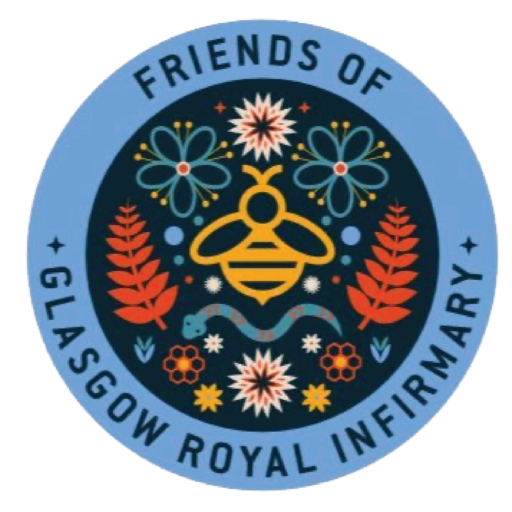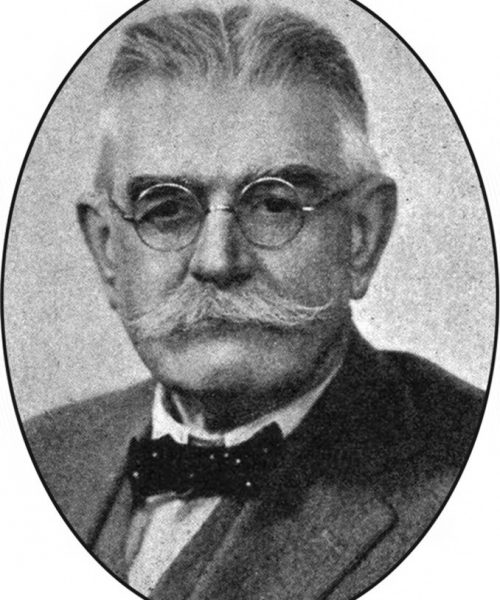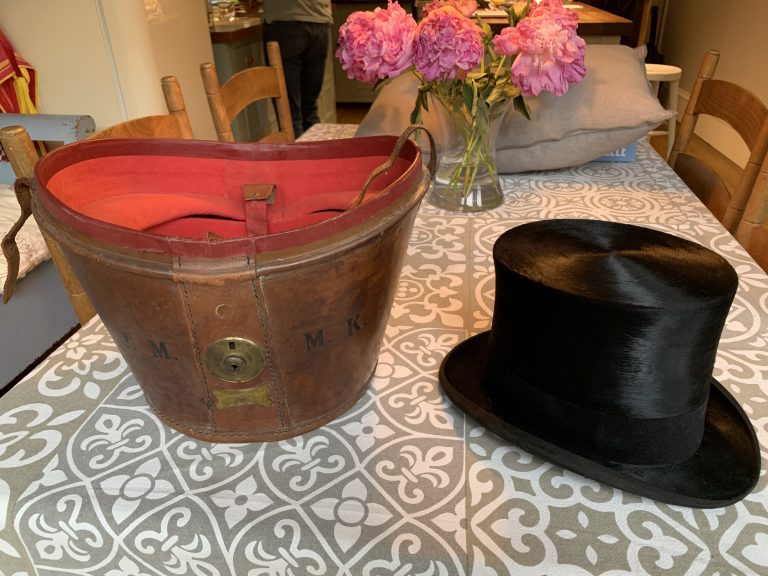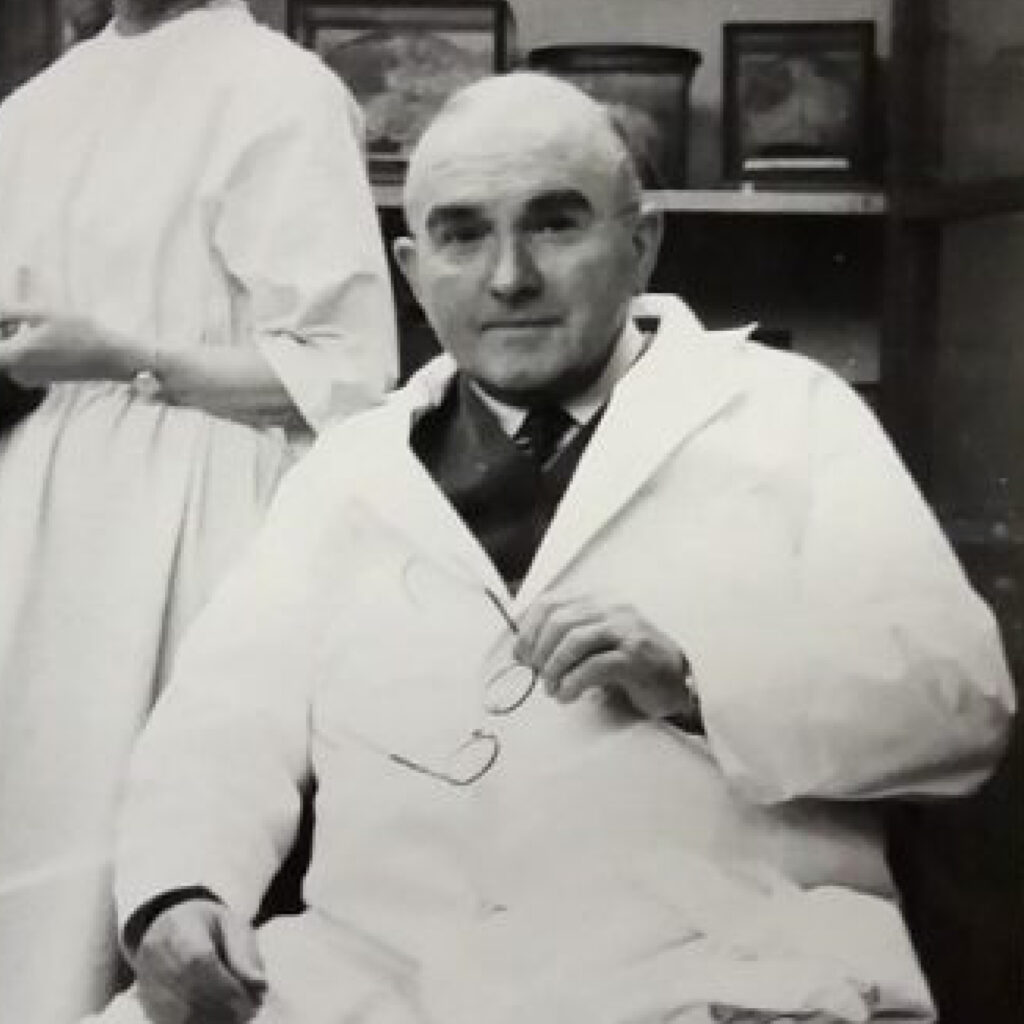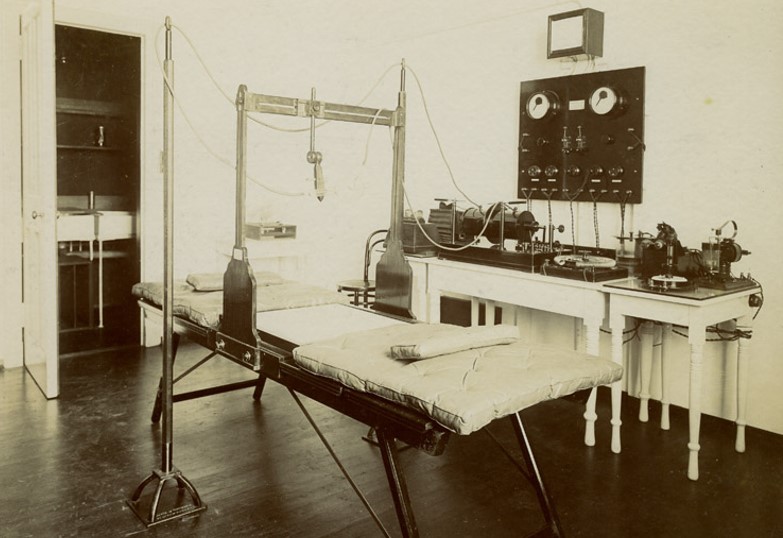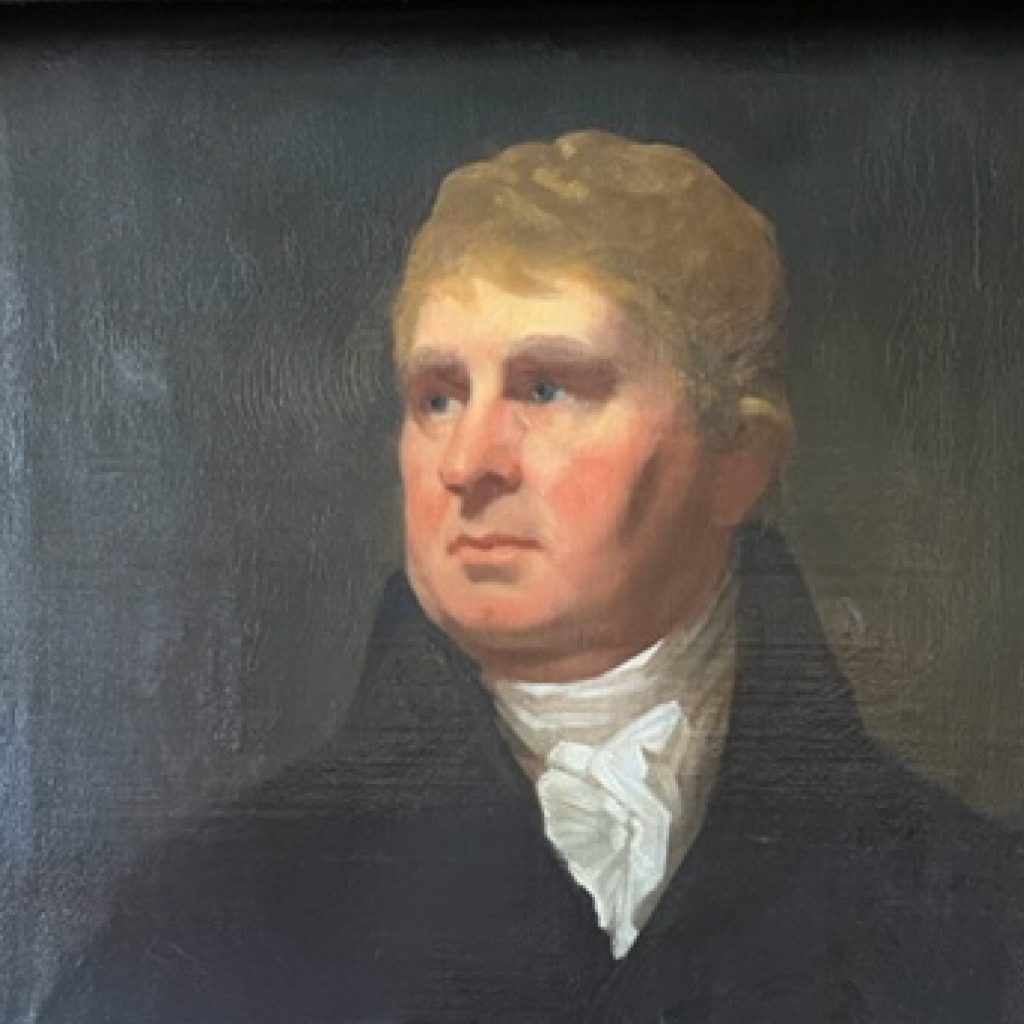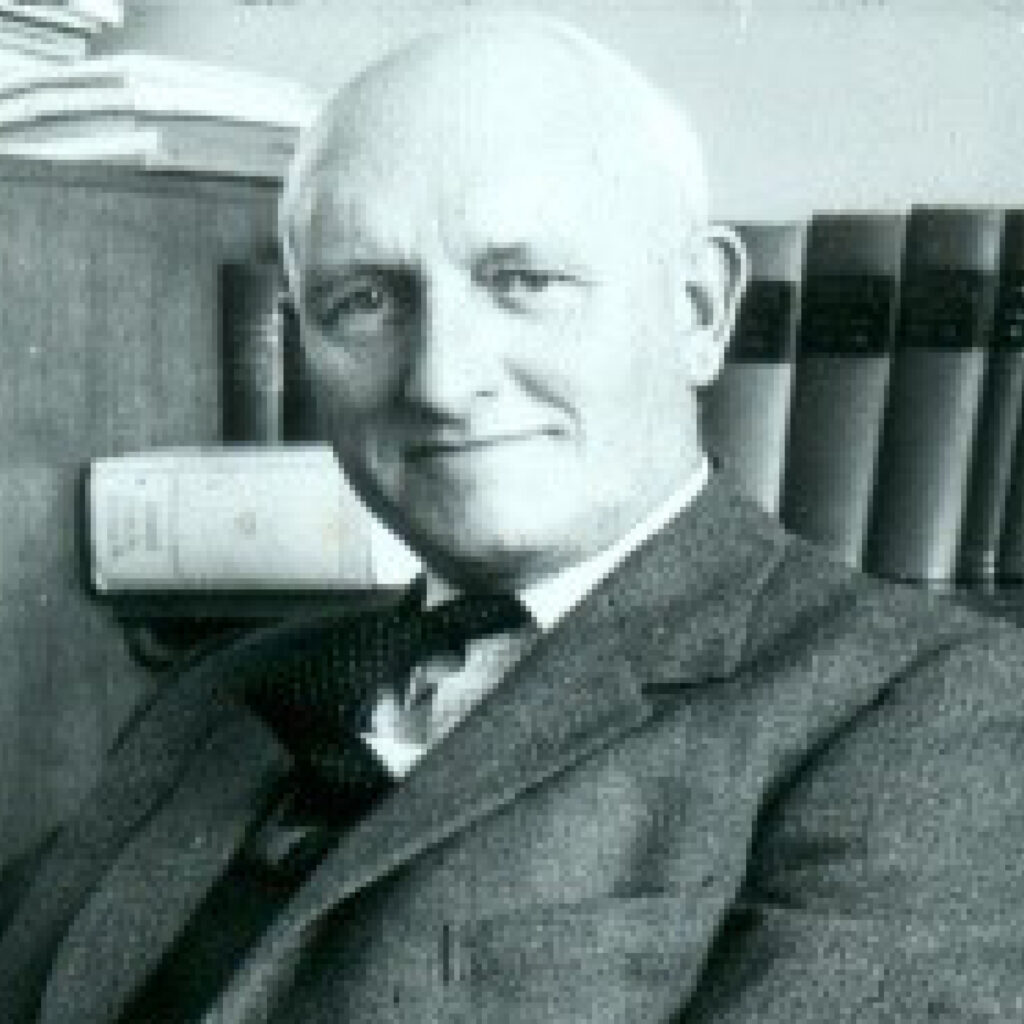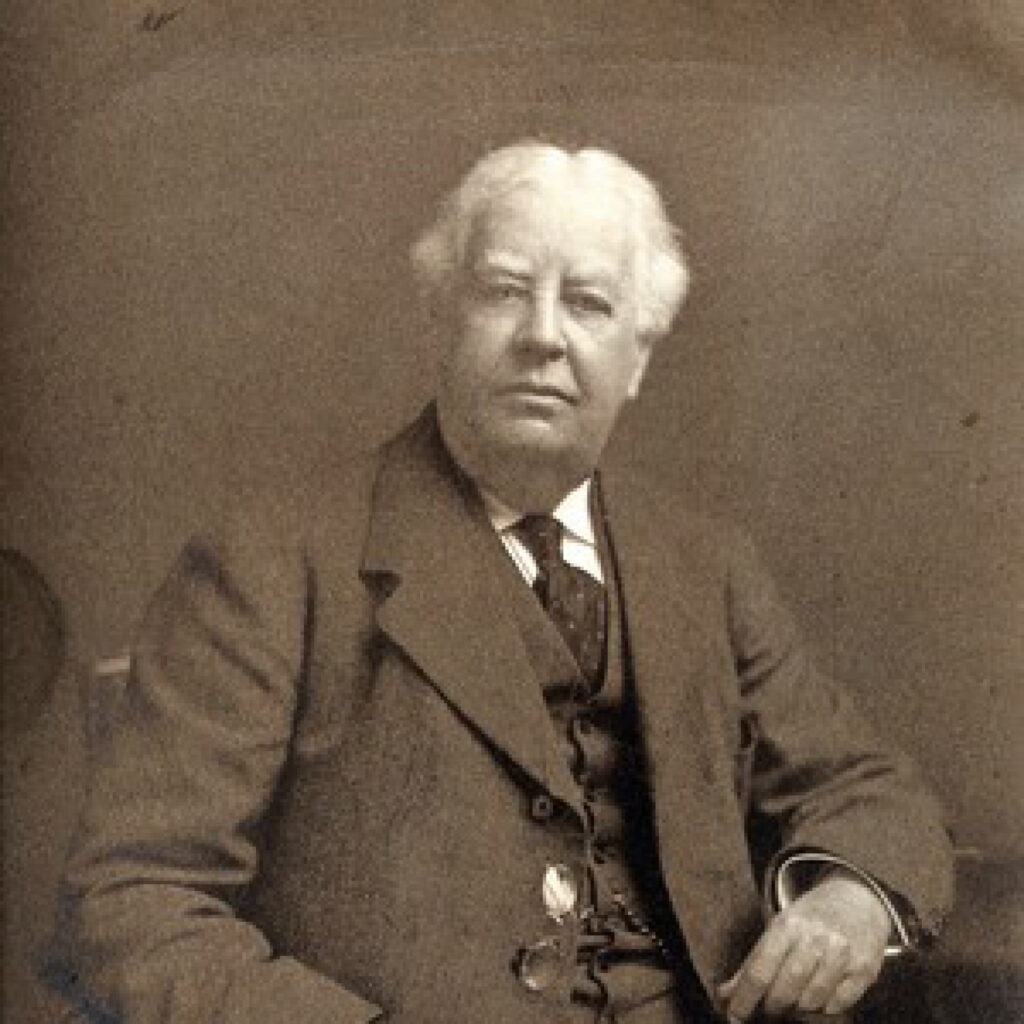Sponsor a bee today!

Bees at Glasgow Royal Infirmary
The use of honey for medicinal purposes has been around for over 5000 years with its origins in ancient Greece Rome and Egypt. We celebrate the honey bee in our logo to recognise the importance of this wonderful insect in sustaining life on our planet.
With the help and support of the Glasgow and District Beekeeping Association we now have three bee hives at Glasgow Royal Infirmary. Two of our hives are looked after by beekeepers Scott Craig and Mike Duncan both members of the Glasgow and District Beekeepers Association.
The other hive is looked after by Dr Hilary Wilson and Dr Kate Stevens, who are both trustees of friends of Glasgow Royal infirmary. As Kate and Hilary are new to the art of beekeeping they are carefully supervised by Mike Duncan!
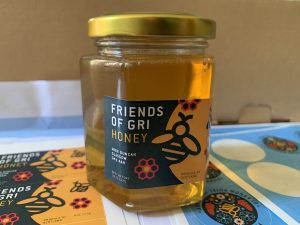
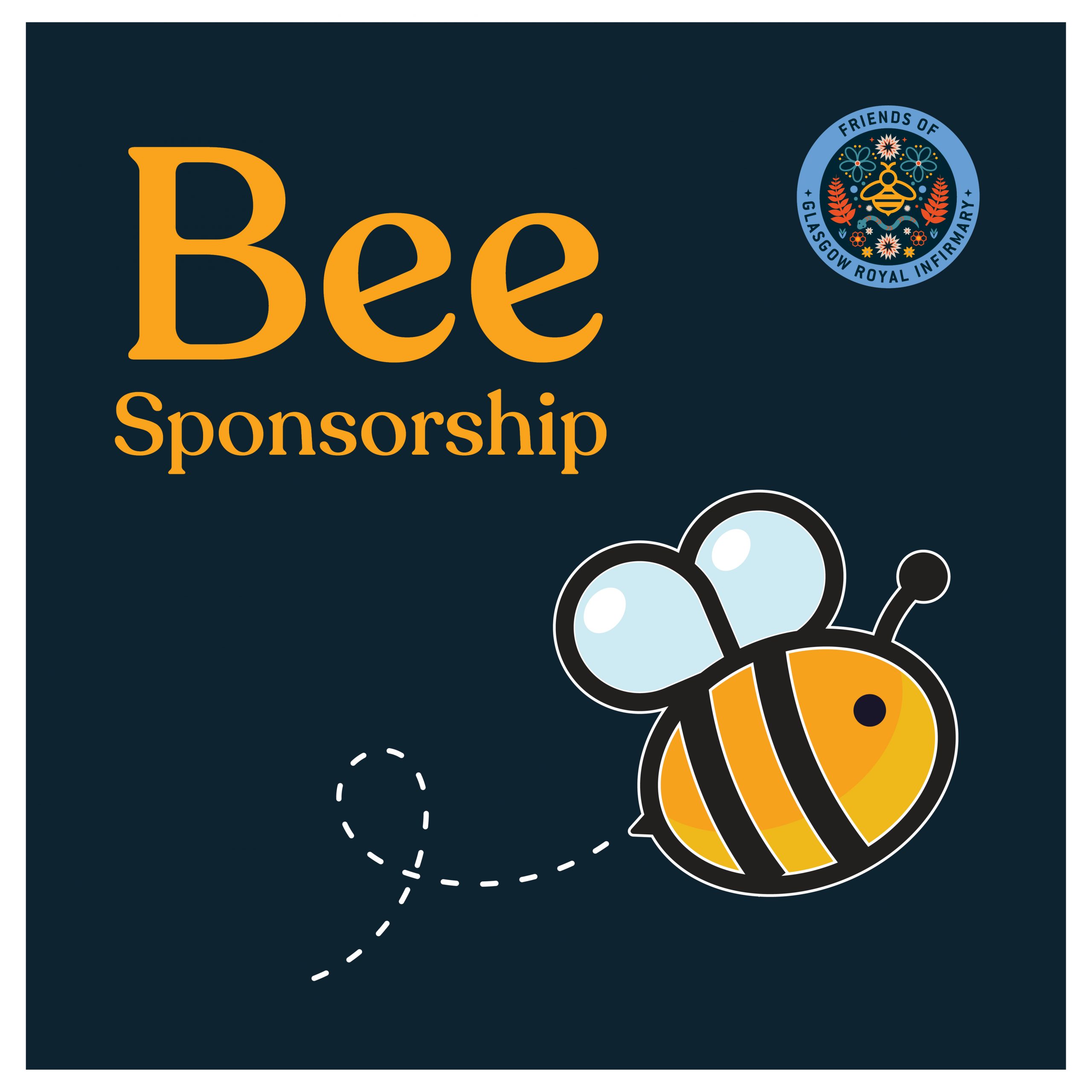
Since 2022 the bees have produced Friends of Glasgow Royal honey, which goes on sale in the museum every December. It often sells out quickly so make sure you get your jars bought early!
You can help support our bees with our bee sponsorship programme. For £25 you receive a Bee Sponsorship certificate (and name your bee), a pin badge and a A5 print of Glasgow Royal From the Necropolis or the bee garden and hives by Renzo Mazzolini.
Meet the team
Mike Duncan
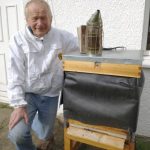
I am member of the Glasgow and District Beekeepers’ Association and have been keeping bees for 4years. My hives are located in the south side of Glasgow, close to Pollok Park. Even in an urban setting there is lots of forage for the bees, from Snowdrops and Crocus in the spring to tree blossom such as Sycamore, Chestnut and Lime, then in the Autumn there is Himalayan balsam, Ivy and Rosebay Willow herb.
My other interests are gardening , I have an allotment in Pollok Park, golfing and cycling. I am pleased to be involved with the Friends of GRI and to be placing a hive in the hospital grounds. Living in the south side, I will be close enough to cycle to the hospital for the weekly hive inspections. So if you see a ‘strange’ cyclist towing a bee hive, be sure to stop me and say hello.
Scott Craig
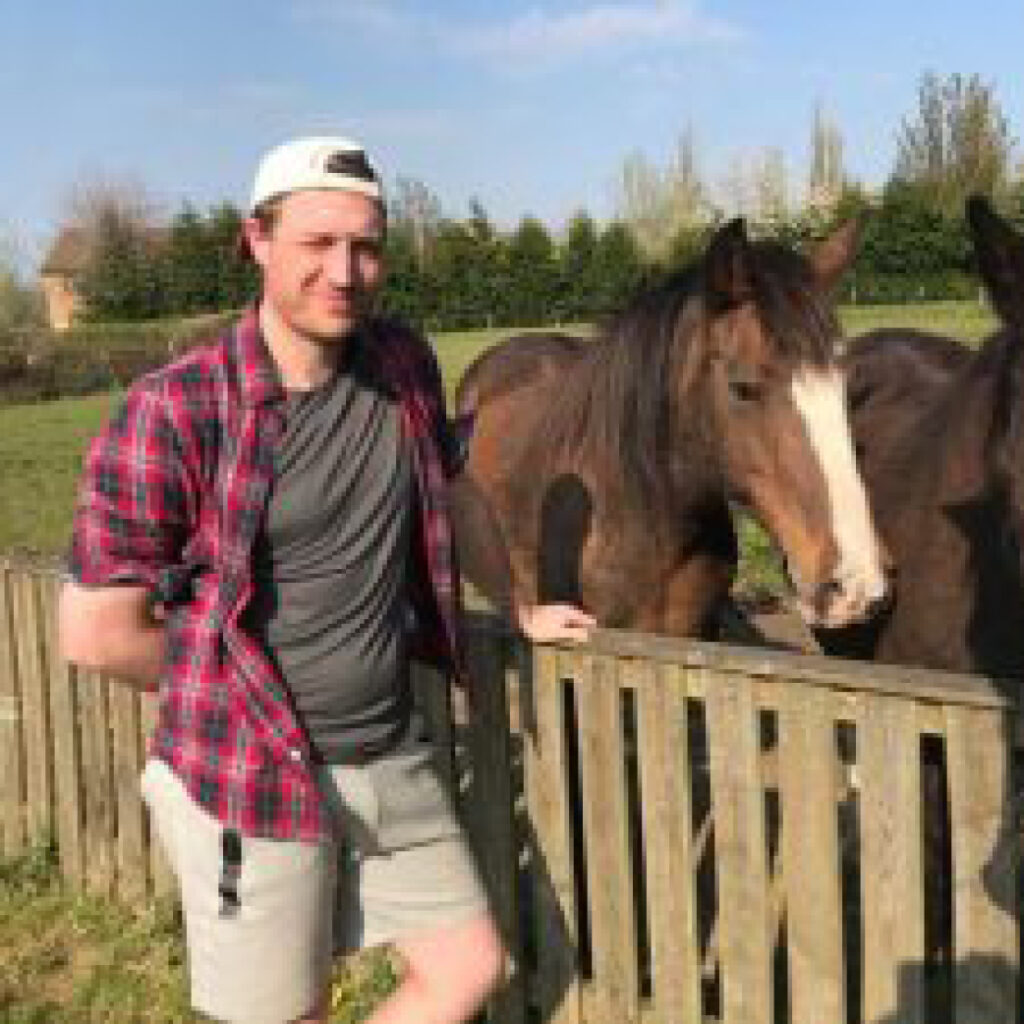
I’m a retired trapeze artist now studying Biomedical Science and planning to study Medicine afterwards. I manage the bees at the Bardykes Farm Nursery School in Blantyre and I’m also on the committee of the Glasgow and Districts Beekeepers Association. I was a patient at the GRI many years ago as a child so it’s great to be able to give back to such an important place with an incredible history that I may even end up working in one day!
Dr Kate Stevens & Dr Hilary Wilson
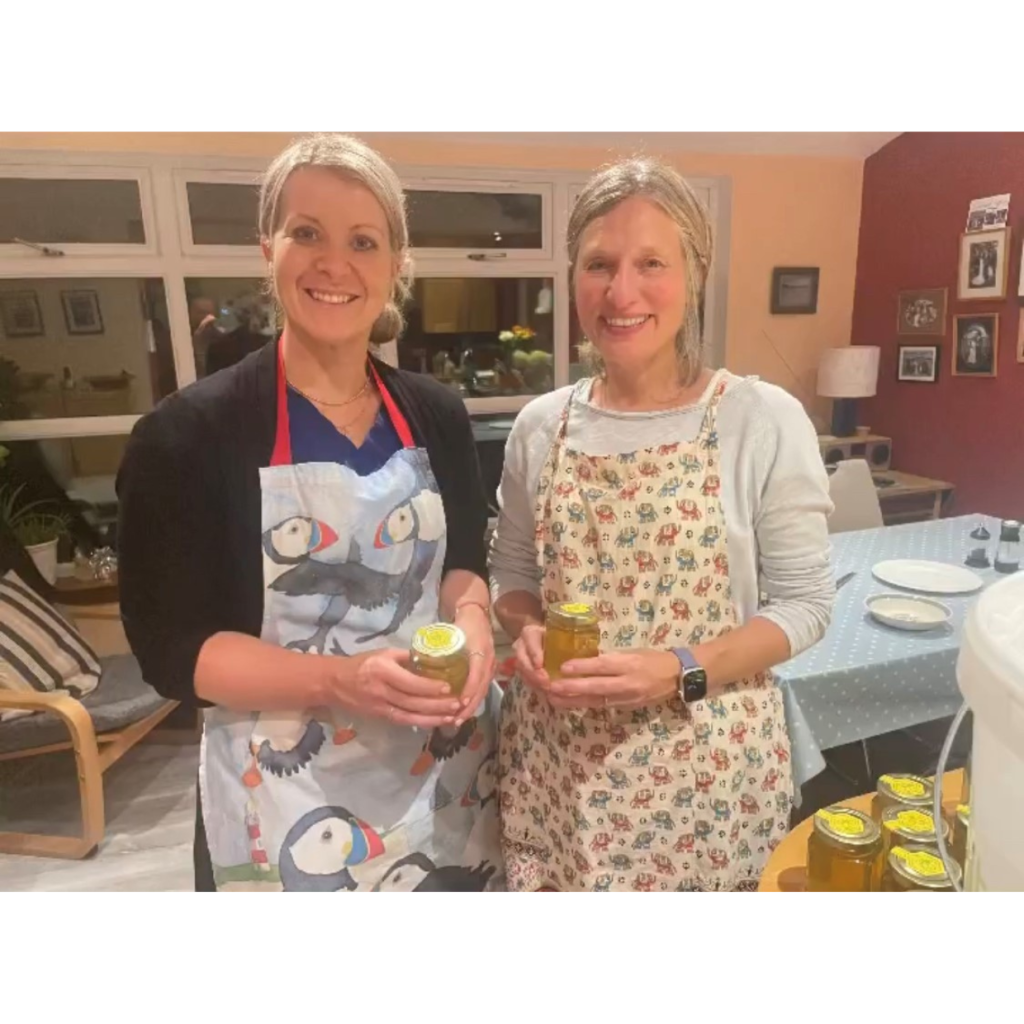
We are both doctors at Glasgow Royal Infirmary and we are the latest members of the beekeeping community. With the helpful instruction from Mike Duncan who also has a hive at the Royal, we now have responsibility for the fourth hive.
We are relatively new to beekeeping and recently completed the introductory course at the Ayr and District beekeeping Association.
Our Gardens
Bee Garden
Our first gardening project was to develop a garden beside our beehives. We received a donation of £1500 from the Robertson Trust via the Edrington Sustainability department to buy plants and containers. Caulders Garden Centre at Mearnskirk gave us advice about appropriate plants and the Glasgow Wood Recycling Centre on South Street supplied our planters. Glasgow’s Botanic Gardens also helped us to source some daffodil bulbs for the first year. The bees have enjoyed having their own garden but they are able to fly many miles beyond this to the Necropolis and our Museum Gardens to collect pollen and nectar on their way to making FOGRI honey.
Museum Gardens
On either side of the museum are two areas that have been developed into a medicinal garden and a biodiversity garden. Lisa Swift from Glasgow’s Botanic Gardens has been instrumental in designing these areas. We have had funding support from the Robertson Trust via Edrington and in 2025 a team from Evelyn Partners volunteered to do some maintenance work within both gardens. Glasgow City Council delivered original soil from the Greyfriars Community Garden at Strathclyde University campus. Greyfriars have also provided gardening equipment and their members join us on our gardening days. The Greater Glasgow and Clyde Gardening Group, Mitie, have helped maintain the hedges.
The Pear Orchard
If you’re out in Cathedral Precinct, be sure to go to the old cemetery to the left of the cathedral. Here you will find interesting incumbents dating back to the 1800s. Within the cemetery we have an alleyway of pear trees with signage about their history in Glasgow. These were planted by members of the Trades House, with the final one being put in place by the Lord Provost
